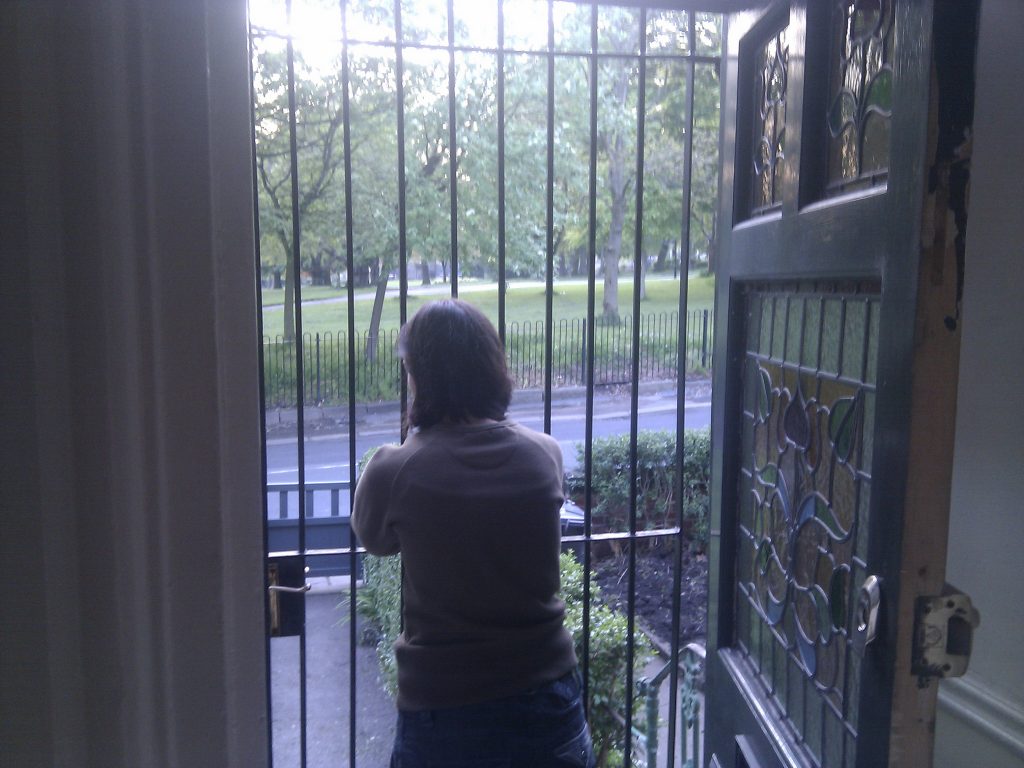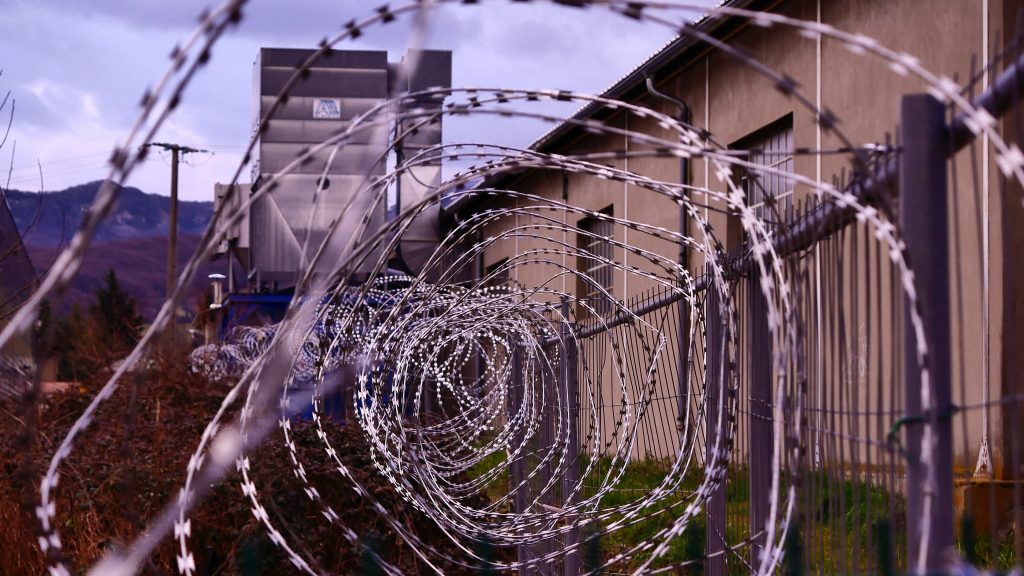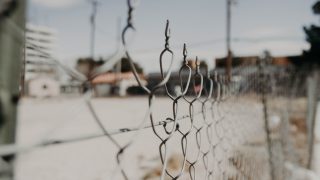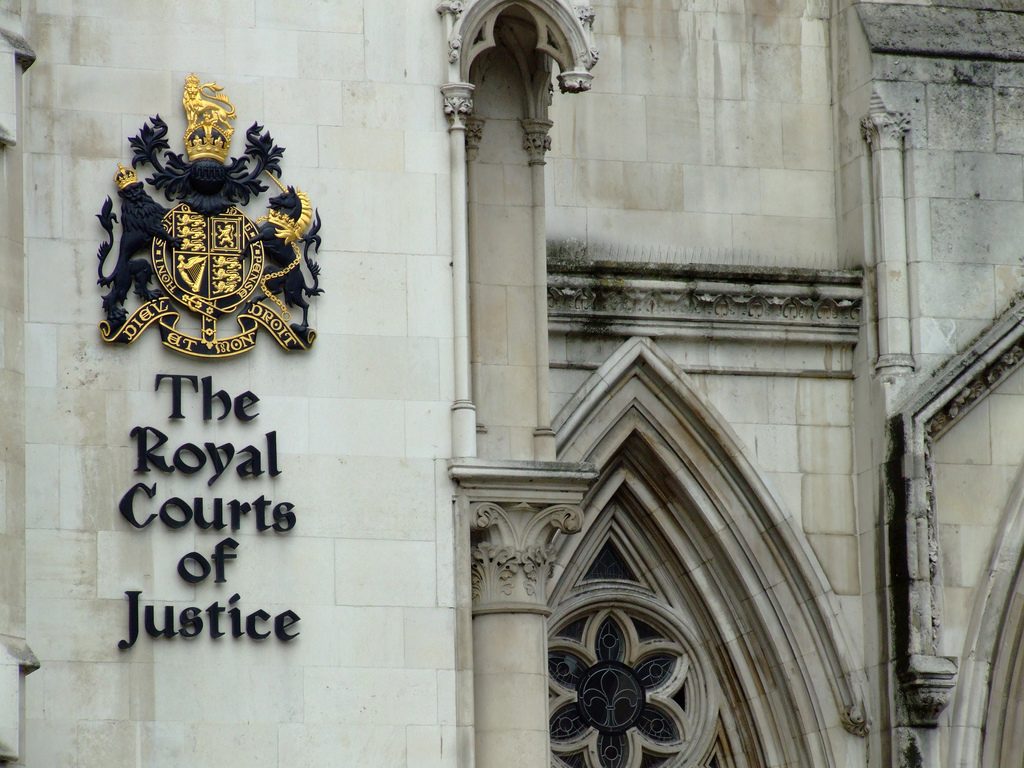On this day in 1975, the Human Rights Court made a judgment which confirmed that everyone has the right to access to Courts and that this right extended to people in detention.
This right, under Article 6 of the Human Rights Act, is still protected. But at a time when prisoners’ rights are increasingly under threat, due to overcrowding and increasing levels of violence in prisons, it is important to remember one of the key outcomes of the case: an individual’s rights must be protected even when they are in detention.
The Facts

Credit: Ben Dalton/Flickr
The case was brought by Sidney Golder, a former prisoner who, while still in prison, wanted to sue the prison for libel. He was not able to do so because the Home Secretary refused to give him permission to contact a lawyer for advice.
During a riot at a prison on the Isle of Wight a prison officer, Mr Laird, was assaulted by prisoners. He made a statement, giving the names of the men that had been involved in the attack. The list of names included Mr Golder. However, Mr Laird later said that he was not sure that Mr Golder had been involved. Despite this, his alleged involvement in the violence stayed on Mr Golder’s prison record, and he wanted to sue the prison service for its failure to remove it because he believed that it had stopped him from being considered for release earlier.
He wanted to write to a solicitor to seek legal advice on his claim, but he was not given permission to do so. By the time the case got to the European Court of Human Rights, Mr Golder had been released. However, the Court still agreed to hear his claim.
Article 6: The Right To A Fair Trial

Credit: Hédi Benyounes/Unsplash
The Court had to decide whether by refusing to allow Mr Golder to contact a solicitor, the UK government was in breach of Article 6, now contained in the Human Rights Act: the right to a fair trial. The British government made two arguments:
- The right to a fair trial was only about the process of the trial: it was about making sure that legal proceedings were conducted fairly and had nothing to do with being able to bring a legal claim to court
- If Article 6 did include the right to bring claims, this right was limited. Prisoners could be prevented from exercising this right to protect discipline in prisons.
The Court ruled that the British government was wrong, the right to a fair trial included the right to access the Court. This included being able to contact legal professionals for advice because this is often essential to be able to make a claim.
The fair, public and expeditious characteristics of judicial proceedings are of no value at all if there are no judicial proceedings.
Judgment of the European Court of Human Rights
Article 8: The Right To Privacy, Family And Personal Life
Furthermore, the decision confirmed that just because prisoners lose some of their rights under Article 8, the loss of these rights is not an automatic consequence of being imprisoned.
The authorities still have to show that the removal of a prisoner’s rights to privacy, family and private life is necessary and proportionate in a democratic society.
Why It Mattered
The Golder case was so important because it showed that vulnerable members of society, including people in detention, have the right to access the courts to bring legal claims, as well as to defend themselves in ongoing proceedings.
This means they have the real opportunity to use the law to hold prison governors to account for their treatment in prisons, for example. It also showed that being imprisoned did not mean the end of the right to personal and family life: any interference with this right still needs to be justified.
The authorities still have to show that the removal of a prisoner’s rights to privacy, family and private life is necessary and proportionate in a democratic society.
Laura McDonald
Challenges To Prisoners’ Rights Today
 Golder was a huge win for the rights of people in the UK, and in the rest of Europe. But today, prisoners’ rights are increasingly under challenge.
Golder was a huge win for the rights of people in the UK, and in the rest of Europe. But today, prisoners’ rights are increasingly under challenge.
Partly, this is because of the increasing use of video conferencing in court proceedings. A report by Transform Justice in October 2017 showed that there are real problems with video conferencing, especially for people with learning difficulties or who are representing themselves.
Increasingly, defendants do not attend court but instead are dialled in on video from a room in the prison. The report found that: “appearing on video can increase defendants’ feelings of isolation and stress. Alarm bells are ringing particularly loud about the use of video for people with mental health problems, learning disabilities, and autism.”
As the report points out, this is particularly concerning given the high proportion of people that have such vulnerabilities within the prison system. Prisoners are often also expected to participate in hearings only through video when they are bringing civil proceedings. The same issues apply.
Transform Justice found that the connection is often poor quality and cameras are often placed so that people in the court are either far away or cannot all be seen by the prisoner. The important win from the Golder case – that prisoners have the right to a fair trial and to access the courts – is being eroded.
Increasing Violence

Credit: Flickr
Recent cuts to prison services, the poor conditions in many prisons and the surge in levels of violence, death and self-harm highlight the importance that prisoner rights are protected.
Laura McDonald
It is not only the right to a fair trial that is under threat. Just like everybody else, prisoners have the right to life and the right to be free from violence. Prisons are currently failing to protect these rights. There were 325 deaths in prison in 2018, a 10% increase on the year before. The levels of violence have also increased: figures released by the Ministry of Justice show that prisoner-on-prisoner assaults and self-harm among prisoners have hit record levels.
The reasons for this are unclear, but cuts to prison services and overcrowding in prisons are part of the problem. As of August 2018, the prison population was 83,165 and it is set to rise by a further 3,200 to 86,400 by March 2023. The squalid conditions in prisons have been highlighted recently. A report into HMP Bedford found that the rodent problem there was so bad that a prisoner was witnessed catching and killing rats in his cell during an inspection.
The Golder case showed that prisoners have rights, and that they should be able to protect these by accessing the Courts. Recent cuts to prison services, the poor conditions in many prisons and the surge in levels of violence, death and self-harm highlight the importance that these rights are protected.







